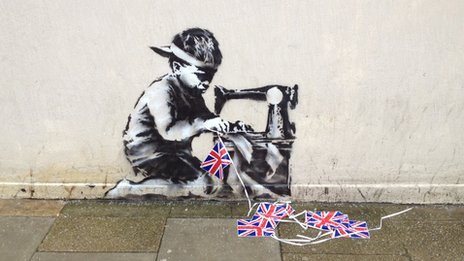
How is past and ongoing colonialism related to human rights problems? This is the major question posed by this module. In it, we will survey a range of social, political and economic processes that have a bearing on the contemporary human rights debates around the world. It assumes that what we today call human rights violations can only be understood in historical, political and social contexts, and that these are heavily bound up with cultural domination. In the 10 weeks, we will examine how colonial occupation, the imposition of capitalism and industrialism and assertions of state sovereignty have attempted to undermined local uniqueness and cultural distinctiveness. We will tackle these questions by looking at thinkers such as Aime Cesaire, Frantz Fanon, Hannah Arendt, Giorgio Agamben and Michael Taussig. These will be combined with discussions of specific international situations such as the Algerian anticolonial revolution, the creation of refugees, walls and borders in Europe and Palestine, resource extraction in South America, the race for remaining fossil fuels in the Far North of Canada, the forced removal of Aboriginal children in Australia, and the continuing 'War on Terror.'
As well as seminars, we will also have separate programme of film screenings of significant feature films and documentaries such as 'The Battle of Algiers,' on the Algerian uprising against French colonialism, Çoncerning Violence’, which brings together Fanon and African decolonisation, 'Rabbit Proof Fence' on the Australian Aborigine stolen generations, 'Route 181' on the Israel-Palestine border, and ‘Standard Operating Procedure' on the war on terror. These will be used to add visual and aesthetic dimensions to our understandings of contemporary conflicts over rights around the world.
- Module Supervisor: Colin Samson